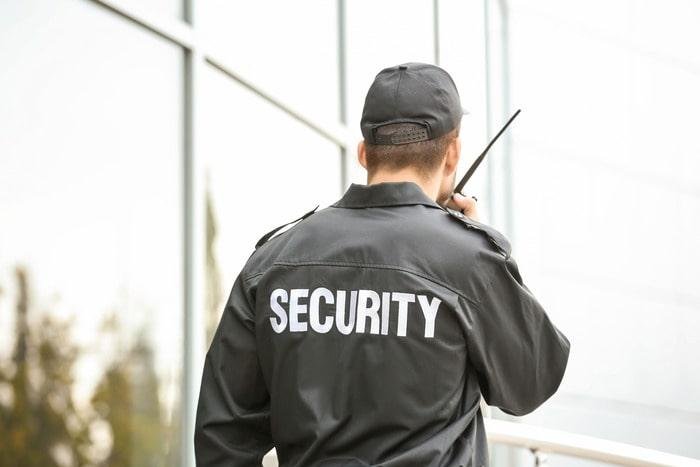Balancing Customer Service and Security Guard Duties

Security guards play a vital role in maintaining safety, preventing crime, and ensuring the smooth operation of various establishments. However, their duties go beyond just monitoring premises and enforcing regulations. A significant aspect of a security guard's role is providing excellent customer service. Striking a balance between these two responsibilities is essential for the success of any security operation.
The Dual Role of Security Guards:
Modern security personnel are often the first point of contact for visitors, employees, and clients. They must be able to communicate effectively, offer assistance, and create a welcoming environment while simultaneously remaining vigilant against potential security threats. This dual role requires a combination of interpersonal skills, professionalism, and keen observational abilities.
The Importance of Customer Service in Security:
Good customer service helps to establish trust and credibility. Security guards who approach their job with a friendly and approachable demeanor can create a more comfortable and secure environment. Greeting visitors with a smile, offering directions, and answering inquiries can enhance the overall customer experience while reinforcing the presence of security.
Furthermore, security guards often handle situations that require de-escalation and conflict resolution. A calm and courteous approach can defuse tensions before they escalate into serious incidents. By being attentive and responsive, guards can prevent misunderstandings and ensure that visitors and employees feel safe and respected.
Maintaining Security Without Compromising Service:
While customer service is crucial, security personnel must remain focused on their primary duty—safeguarding people and property. To achieve this balance, security guards should adhere to the following strategies:
Training and Development – Security personnel should undergo customer service training alongside their security training. Learning how to handle customer interactions, resolve conflicts, and communicate effectively ensures they can manage both aspects of their role efficiently.
Situational Awareness – A security guard must always be alert and observant. Being friendly should not come at the expense of being watchful for potential security threats. Guards should know how to switch from a customer service approach to a more authoritative stance when required.
Clear Policies and Guidelines – Organizations should provide clear policies outlining when and how security guards should engage in customer service activities while maintaining security duties. This helps guards prioritize their responsibilities without confusion.
Using Technology – Modern security tools, such as surveillance cameras and access control systems, can assist in monitoring premises without requiring guards to constantly intervene. This allows them to focus more on customer service when needed while still keeping a watchful eye on security concerns.
Professionalism and Empathy – Security guards should exhibit professionalism at all times, maintaining a balance between being authoritative and approachable. Empathy helps them understand the concerns of individuals and address them in a respectful and supportive manner.
Challenges in Balancing Both Roles:
Security guards often face challenges in balancing customer service with security enforcement. Some visitors or employees may take advantage of a friendly security guard, testing their authority. On the other hand, being too strict and authoritative may create a hostile environment, making people feel uneasy.
To overcome these challenges, security personnel should remain firm but fair. They should know when to assert authority while ensuring their approach does not alienate those they are tasked with protecting. Continuous training and real-life scenario exercises can help security guards refine their skills in managing this delicate balance.
Final Thought:
A well-rounded security guard is one who can seamlessly blend customer service with security enforcement. By adopting a professional yet friendly approach, staying observant, and receiving proper training, security personnel can create a safe, welcoming, and controlled environment. Businesses and organizations must recognize the importance of this balance and support their security teams in developing the necessary skills to succeed in both aspects of their roles.





